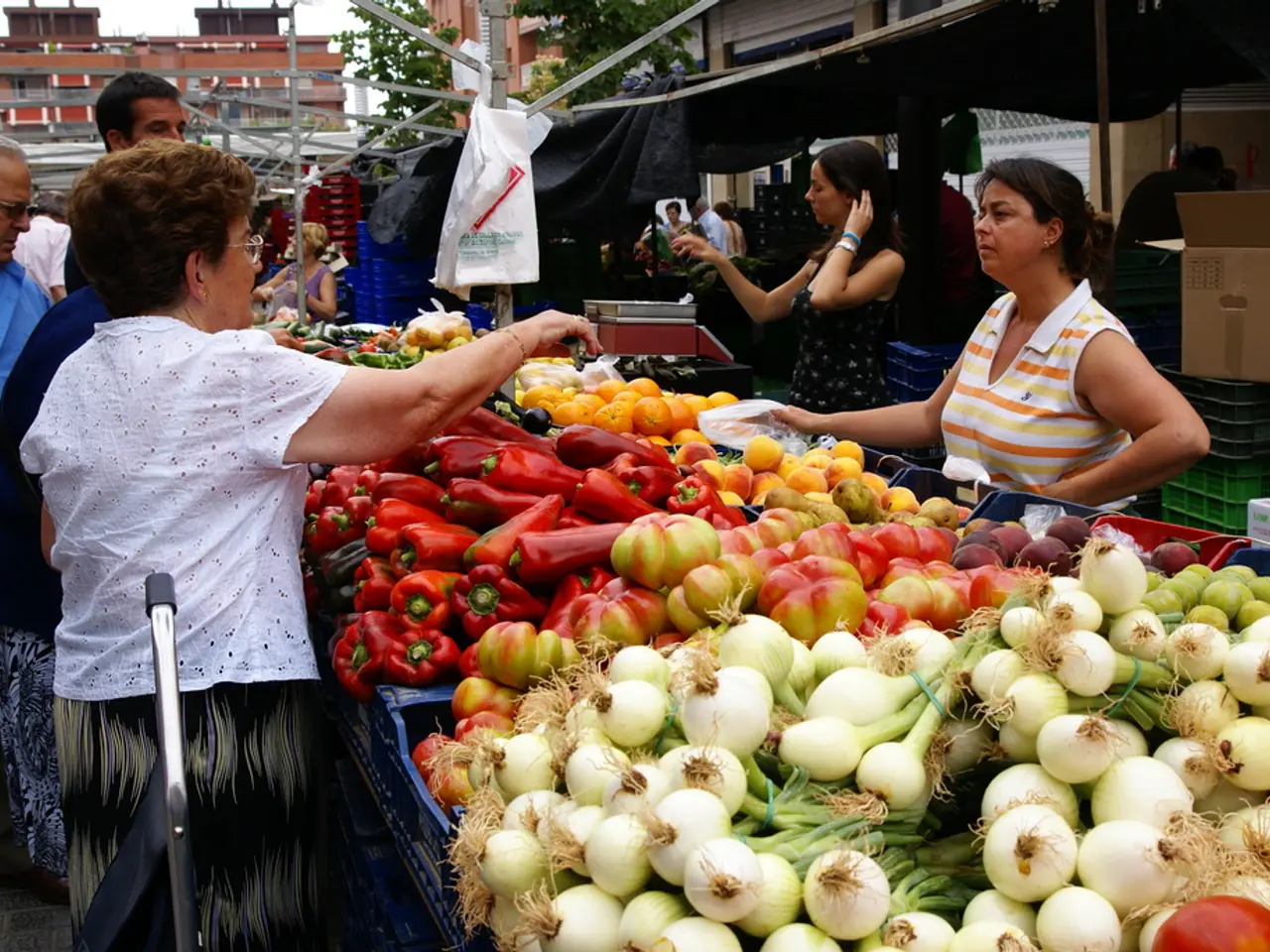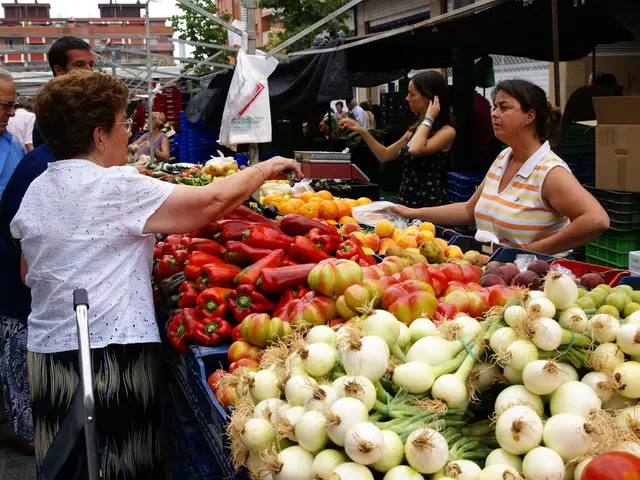Current Status of the United Nations Talks on Plastic Pollution
Disrupted negotiations on tackling plastic pollution crisis
The United Nations talks aimed at creating a legally binding instrument to combat plastic pollution have reached a stalemate. The most recent round of negotiations, known as INC-5.2, held in Geneva, Switzerland, concluded on August 15, 2025, without reaching a consensus on a global plastics treaty. The Intergovernmental Negotiating Committee (INC) involving 184 UN Member States failed to finalize a treaty due to significant disagreements among nations [1][2][3].
Main Concerns and Criticisms
- Lack of Binding Measures: The proposed draft text lacks binding measures across the full lifecycle of plastics, which is essential for effectively addressing plastic pollution [3][4]. Instead, it suggests more voluntary measures for countries, which many observers feel would be ineffective.
- Petrochemical States' Influence: Petrochemical-producing states have been criticized for their blocking stance in the negotiations, pushing for weaker provisions that align with industry interests rather than environmental and human health needs [3][4].
- Insufficient Environmental Protection: The draft text lacks decisive protection measures for marine ecosystems, including regulations on ghost gear, a significant contributor to marine plastic pollution [3].
- Scientific Evidence and Mandate: The proposed text does not align with the scientific evidence on the harmful impacts of plastics nor does it fulfill the UNEA 5/14 mandate to end plastic pollution [2]. Critics argue that the treaty needs to be more ambitious to address the scale of the problem.
- Process and Mechanism: The consensus mechanism used in the negotiations has been criticized for allowing a small group of countries to block progress. Calls have been made for reforming the negotiation process to prevent future deadlock [3].
Several countries have expressed their concerns. For instance, Qatar has expressed confusion about obligations without a clear definition of the treaty's scope, while Bangladesh believes the draft text fundamentally fails to reflect the urgency of the plastic pollution crisis [1]. Saudi Arabia and the United Arab Emirates also believe the draft goes beyond the mandate for the talks [1].
On the other hand, countries like India see the draft as a good starting point to move forward on finalizing the text [2]. The Like-Minded Group, consisting of oil-producing states, wants the treaty to focus primarily on waste management [2].
Environmental non-governmental organizations, including Greenpeace, the World Wide Fund for Nature, and the Center for International Environmental Law, have criticized the proposed text as a gift to the petrochemical industry and a betrayal of humanity [2].
As of now, the negotiations have been extended, with a new round expected but no dates or location set yet [2]. The United Nations is currently discussing a proposal to tackle plastic pollution, but it remains to be seen whether the countries can reach a consensus and create a treaty that effectively addresses the global plastic pollution crisis.
Fact Box
- Only 15% of plastic waste is collected for recycling, and only 9% is actually recycled [3].
- Nearly half (46%) of plastic waste ends up in landfills, while 17% is incinerated and 22% is mismanaged and becomes litter [3].
- Countries are having difficulty reaching a consensus on what to do about plastic pollution [1].
- The United Nations is currently discussing a proposal to tackle plastic pollution [1].
- The talks towards a legally binding instrument on plastic pollution opened on August 5 [1].
- The proposed compromise text is being criticized by a larger bloc of countries for lacking legally binding action [2].
- Kenya states that there are no global binding obligations on anything in the draft text [1].
- Kuwait, speaking for the Like-Minded Group, stated that the current text had gone beyond their red lines and that without consensus, there is no treaty worth signing [1].
- Panama has stated that the goal is to end plastic pollution, not simply to reach an agreement [1].
- Despite repeated attempts, the United Nations talks on plastic pollution have failed to reach a consensus, leaving a gap in environmental policy and legislation that urgent climate-change action requires.
- The current draft text has been met with criticism from various countries and environmental organizations, as it lacks binding measures and fails to align with scientific evidence regarding plastic pollution and its effects on health and the environment.
- The controversial influence of petrochemical states, such as pushing for weaker provisions, has been a significant roadblock in these negotiations, raising concerns about politics overshadowing human and environmental health needs.
- As the discussions continue, differing views about the scope and ambition of a potential global plastics treaty have come to light, with some countries like Qatar expressing confusion and Bangladesh believing that the draft fundamentally overlooks the urgency of the plastic pollution crisis.





